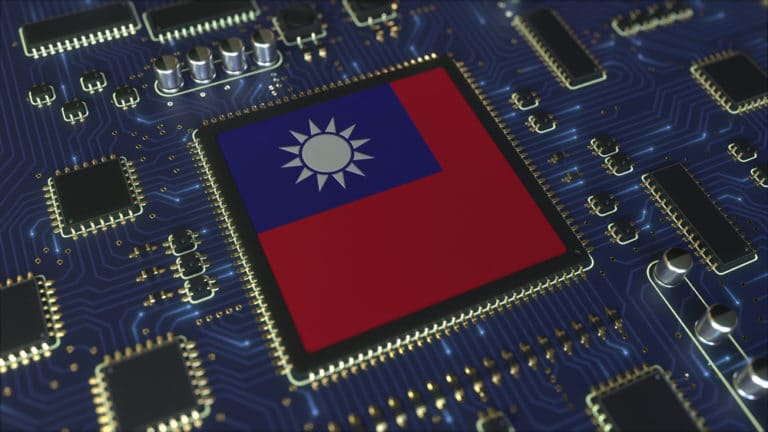Will the move provoke a confrontation with Beijing? The EU hopes not.
An eight-member delegation from the Inter-Parliamentary Alliance on China is scheduled to arrive in Taiwan on Tuesday, November 1. The delegation includes Dutch parliamentarian Sjoerd Sjoerdsma, Ukrainian parliamentarian Mykola Kniazhytskyi and five other lawmakers from Germany, the Czech Republic, the UK, Belgium and Kosovo. They will meet with top Taiwanese officials, including President Tsai Ing-wen.
Both Butikofer and Sjoerdsma were blacklisted by China last March for being vocal about Beijing’s human rights violations.
The visit will focus on trade, investment, and technology, according to a report in Politico. “This is a visit with very practical ambitions. We will return from Taiwan with an even clearer picture of what needs to be done in our respective legislatures, and we won’t rest until we have achieved them”, said Reinhard Butikofer, chair of the EU delegation for relations with the People’s Republic of China.
Kniazhytskyi noted that “Ukraine and Taiwan have a lot in common”. He said that he would use his visit to Taiwan to show “how dependency on Russia landed us and the world in a major crisis. We are sleepwalking into the same thing with Taiwan”.
US issues dire warnings, EU urges de-escalation
In recent weeks, US officials have warned that China is ‘speeding up’ plans for the use of force against Taiwan.
The EU’s foreign policy arm, the European External Action Service, recently issued a new internal document calling on member countries to work on “de-escalation and dissuasion” with Beijing, in the hopes of avoiding a Chinese military invasion of Taiwan.
Part of the worry stems from the fact that Taiwan accounts for nearly 90 percent of the most advanced microchips supplied to European companies and manufacturers. The EU has been striving lately to entice Taiwanese chipmakers to invest in Europe-based production.
